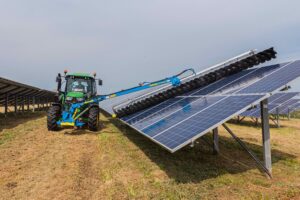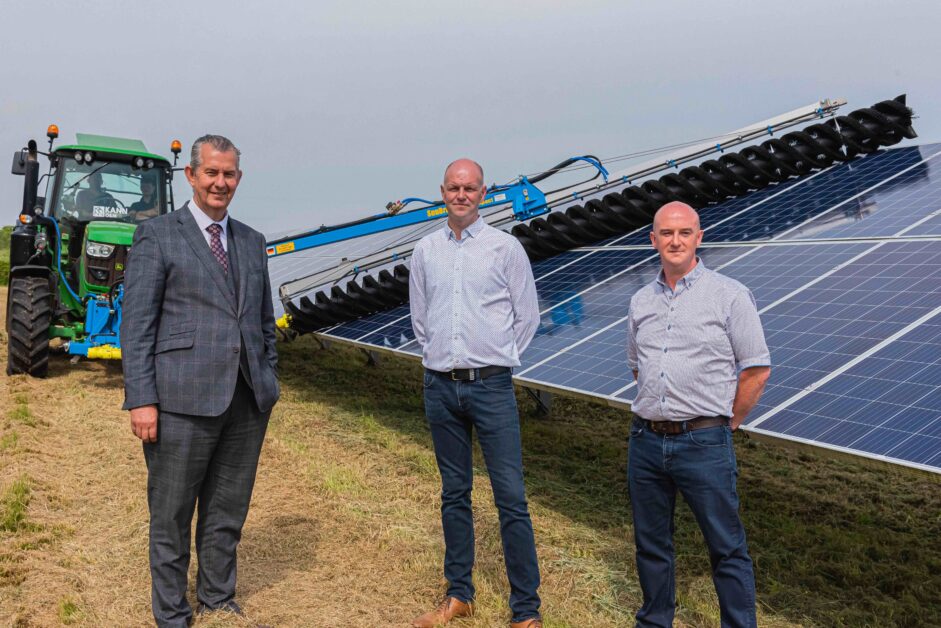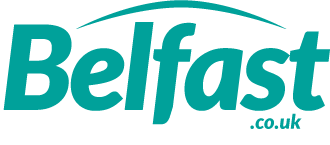Kann O&M plans a three-year £250,000 venture after they received an award of £19,425 from the Department of Agriculture, Environment and Rural Affairs that was utilized to help with the acquisition of the leading solar panel cleaning system within the current market.
The Sunbrush system is used to wash large-scale solar farms to improve their performance, and it is the only one of its type across Ireland and Northern Ireland.
David Woodend of Kann O&M said that there was a need for the system as the number of solar farms across Northern Ireland was growing as the government and private sector strive to meet reduced carbon output goals.
“At present solar farm operators in NI have limited options when it comes to cleaning their sites and have to bring contractors from mainland UK or resort to manual cleaning which is a long, labour-intensive process with variable results.”
David Woodend, Director of Kann O&M
“Dirty panels as a result of ineffective or no cleaning at all results in reduced electricity output from the farm. However, the Sunbrush system can clean up to 20,000 solar panels across a 30-acre site in a day.”

Samuel Knox of Kann O&M, said the team has long experience in solar technology, having been involved in the construction of several solar farms, as well as dealing with connecting to the NIE grid.
“Building and managing a solar farm is a big undertaking. Both David and I are used to dealing with the challenges that are required and investing in the Sunbrush system is the next step.
Samuel Knox, Director of Kann O&M
“Ultimately the grant aid from the department will mean that we can continue Kann O&M growth. That includes plans for a £250,000 investment across the next three years, leading to six new jobs.”

“Kann O&M Ltd received financial support totalling £19,425 under the NI Rural Development Programme. This investment services an industry which is making a positive contribution to our environment and the mechanised service will improve productivity and efficiency for both Kann O&M Ltd and the solar farms. I wish them every success for the future.”
Minister for Agriculture, Edwin Poots
Kann O&M provides services in the renewable energy sector, with David and Samuel’s experience in solar starting with work on the first large-scale solar farm in Northern Ireland in 2016. The company also provides land management services to the solar sector which aim to improve biodiversity and provide additional environmental benefits to the local area.
“While we are both electricians we are also both farmers and live in rural backgrounds,” said David.
“That means that we understand that while solar farms are a key part of the zero carbon future, we want them to have as little impact as possible, and even enhance the wildflower and native species growth.

